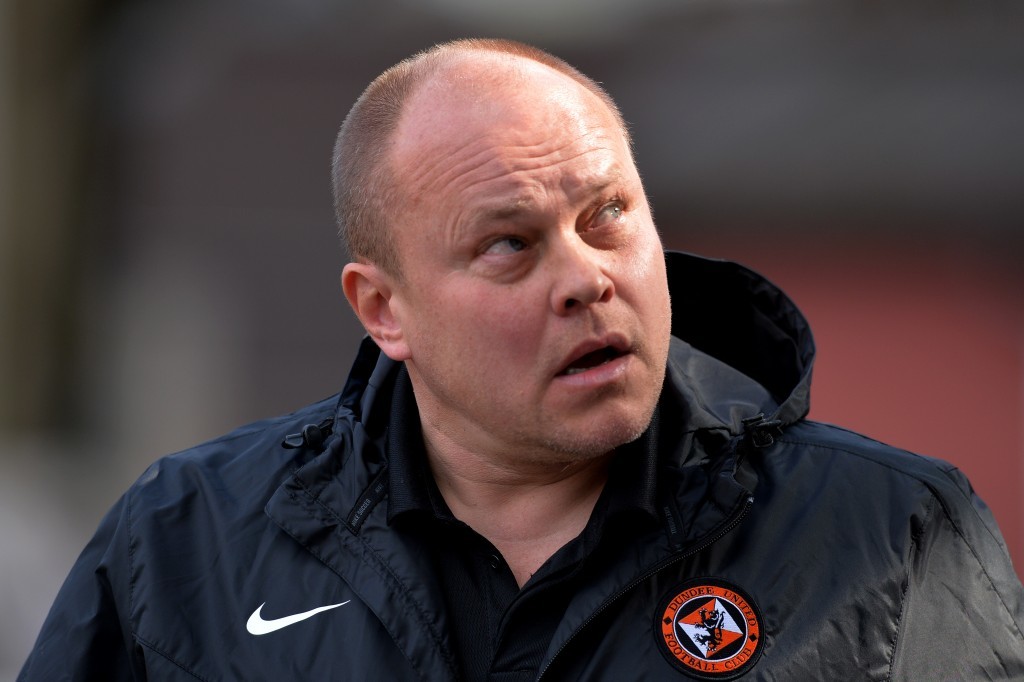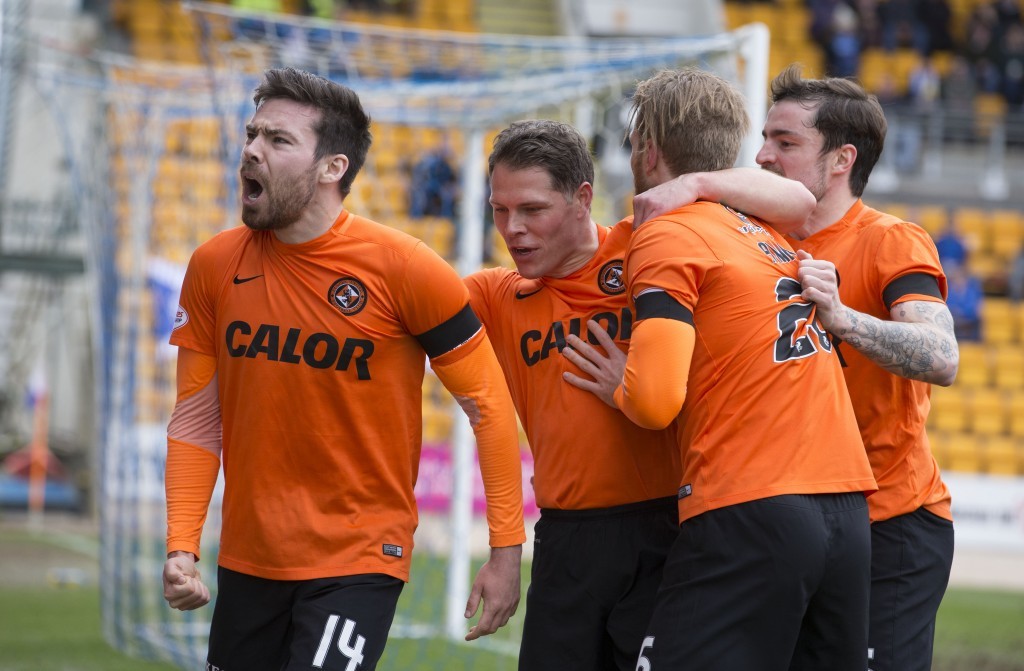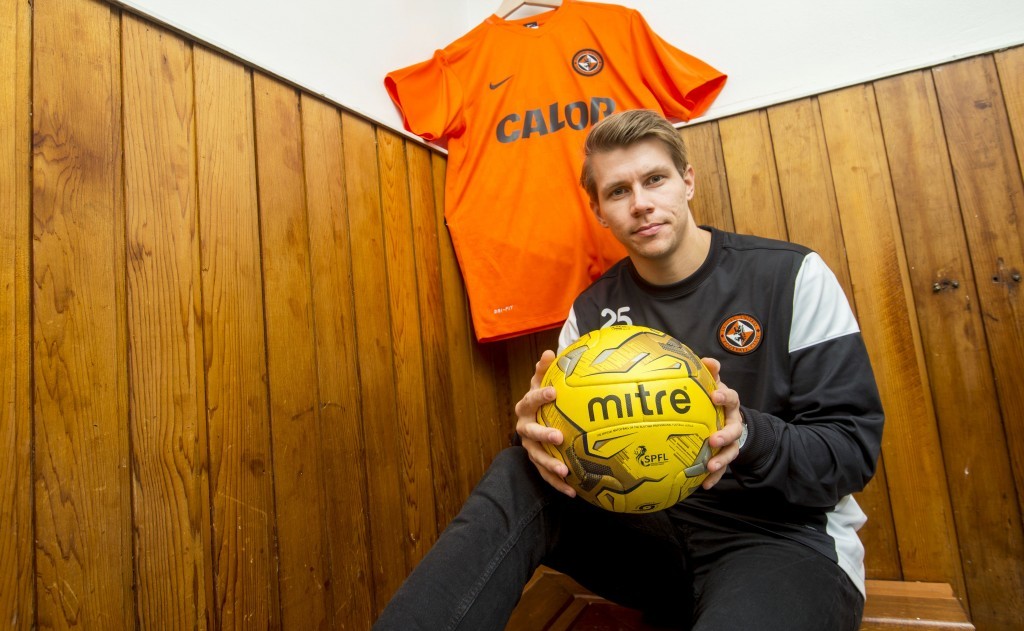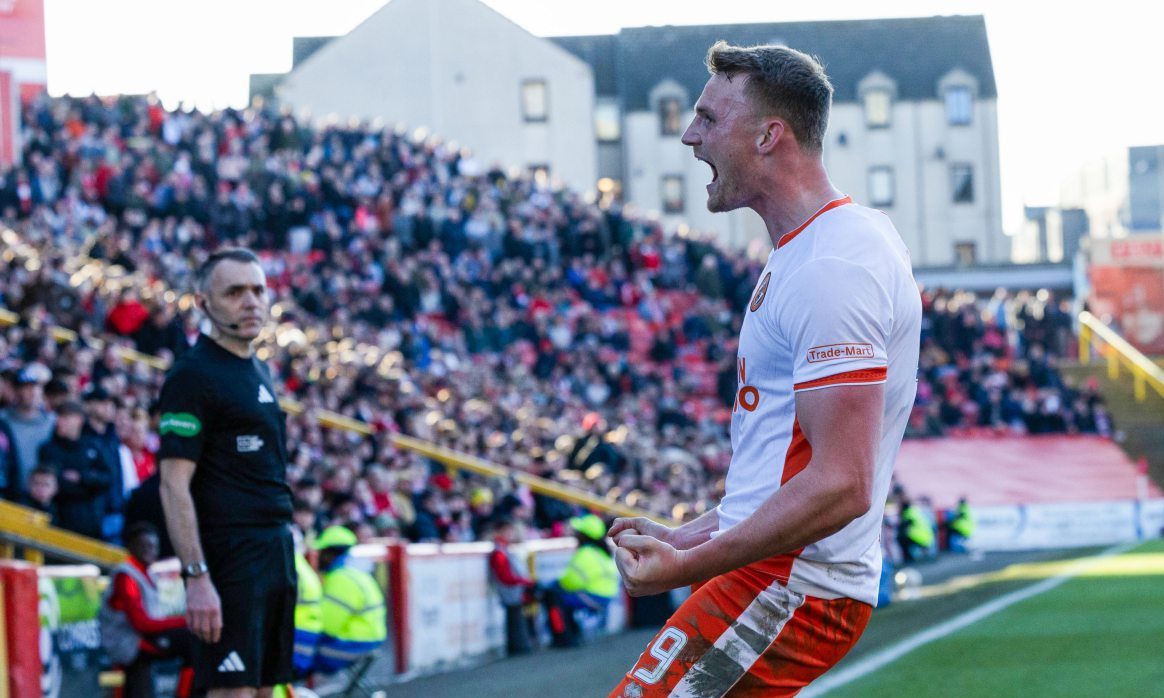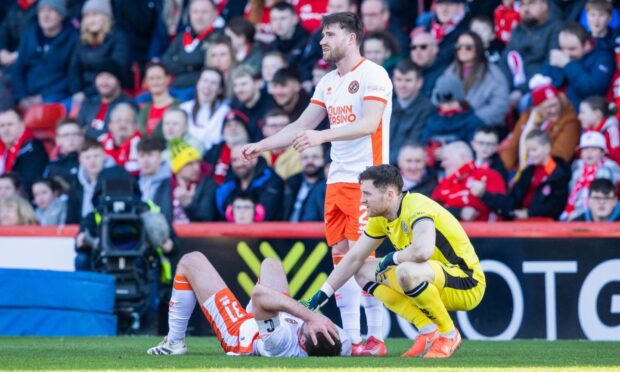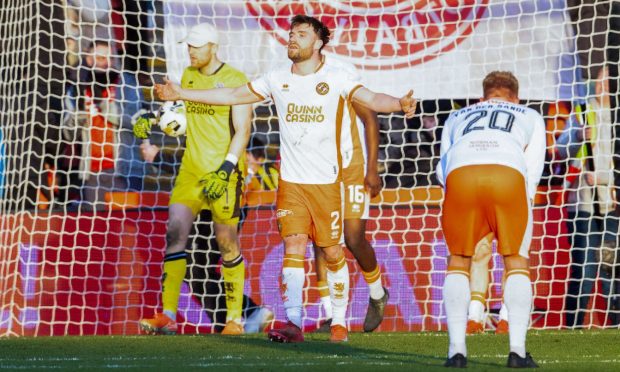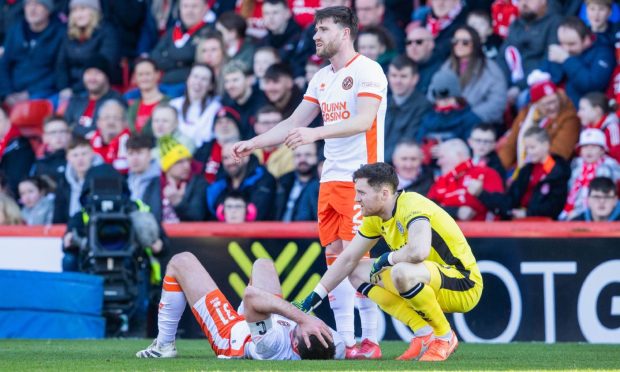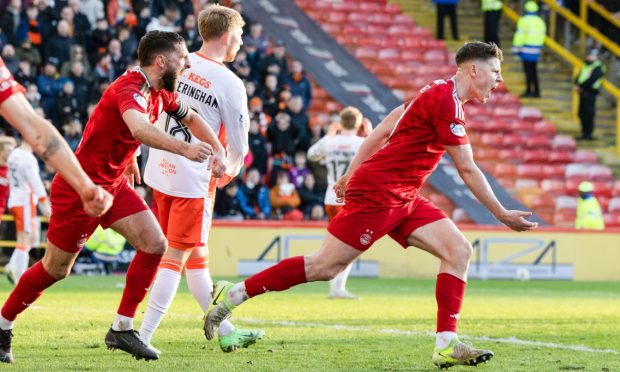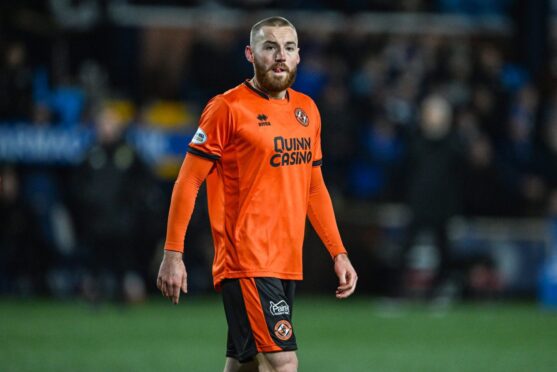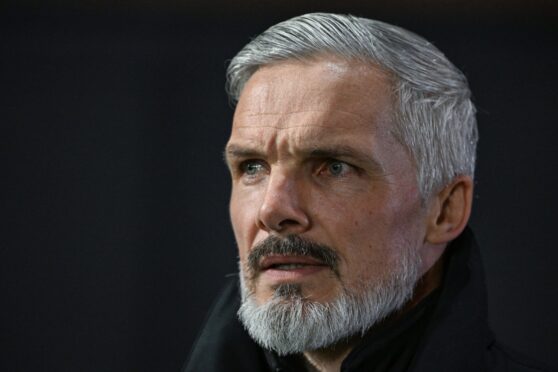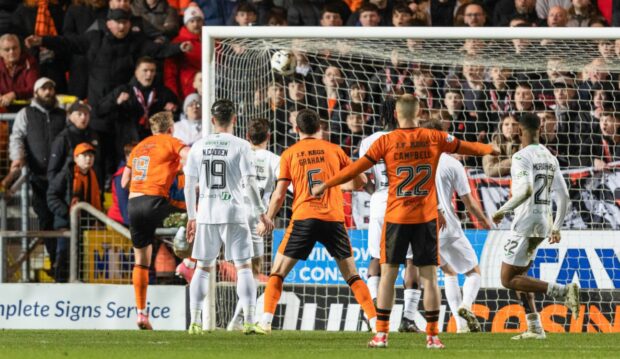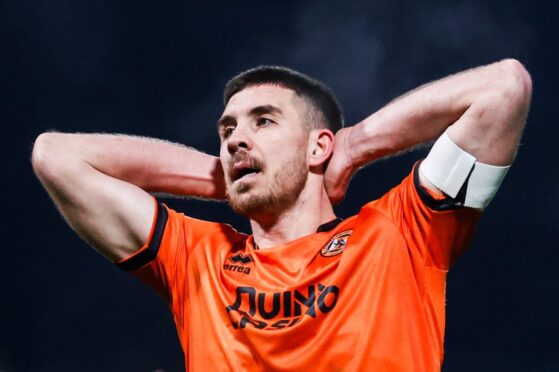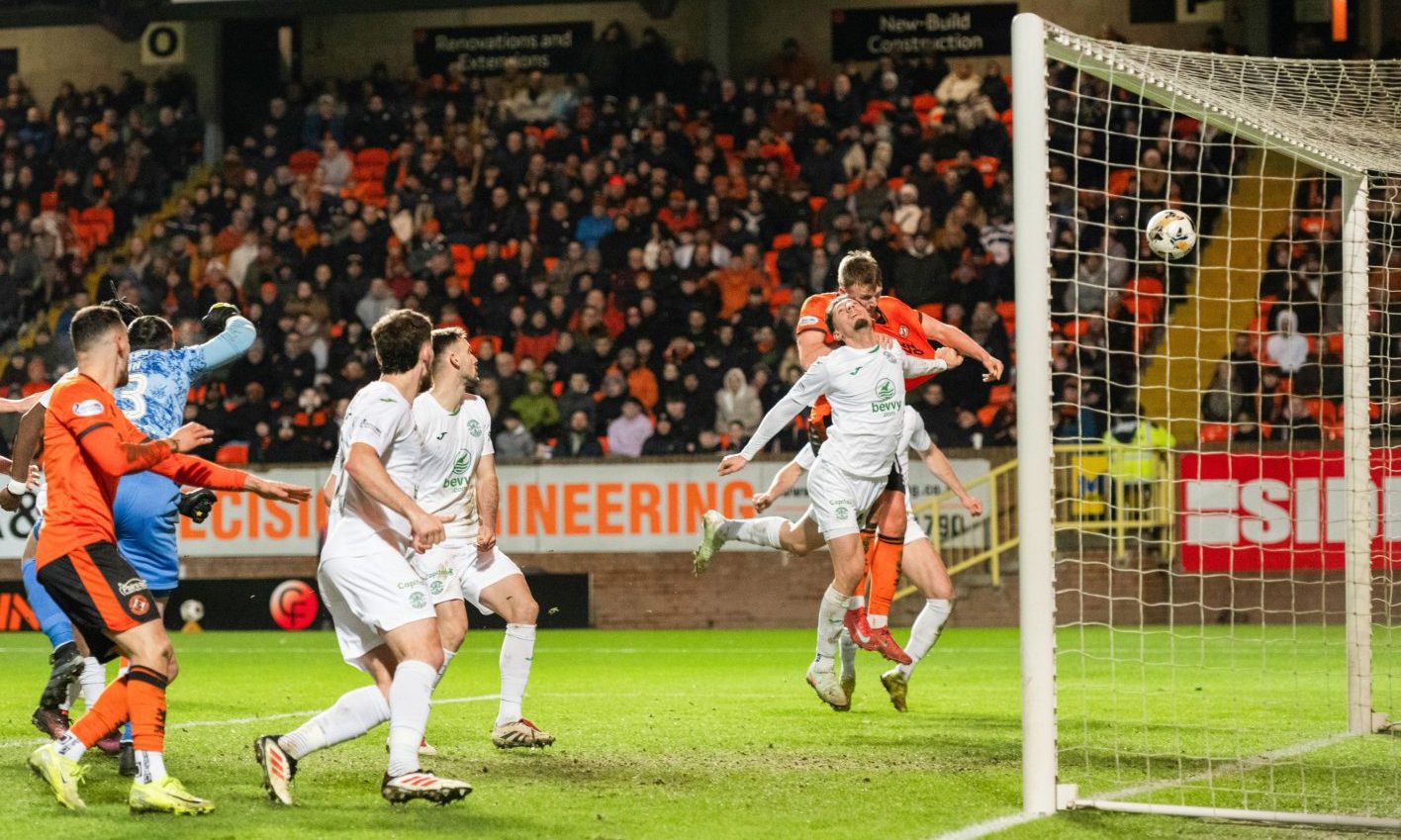Dundee United manager Mixu Paatelainen has admitted the club’s relegation to the Championship is now “very, very close.”
The end of the Finn’s time as manager could also be described in the same terms.
United’s demise started before Paatelainen took over from Jackie McNamara but are there enough mitigating factors to keep him in post for next season?
We look at the case for the defence and prosecution –
Defence
Any assessment of Paatelainen’s performance has to start with his inheritance. He hadn’t been left with millions of pounds from a generous granny. It was more a case of the local dogs’ home getting the money and Paatelainen the dusty contents of her attic. You could question the timing and benefit of chairman Stephen Thompson’s blunt assessment of McNamara’s recent transfer business, but it is hard to argue with the thrust of his point. The now (it remains to be seen how long for) York City boss had a terrible summer and Paatelainen had to pick up the pieces.
As well as lacking quality, the United team that started the season could also be accused of lacking fitness. Building that up in October isn’t easy. On that front, though, Paatelainen was largely successful. Extra work on the training ground paid off and the fact that United were fresher than Hibs at the end of 120 minutes of football on a strength-sapping newly laid Hampden Park surface is proof of that.
It might not seem like it now but it wasn’t that long ago that more people than not in my profession, and in pubs and football grounds across the country, were expecting United to make it into the play-offs than be relegated automatically. You wouldn’t even have been looked upon as a madman if you suggested they could make it to third bottom. There were two morale-boosting wins in Dingwall, a defeat of Hearts and a 10-man win victory over bogey side St Johnstone. Then, mid-way through United’s game in hand against Partick Thistle, they looked a good bet to trim the gap to Kilmarnock to just two points and their destiny would be in their own hands at last. This had the mark of a proper revival and there were 2,000 Arab believers in the west end of Glasgow on a Tuesday night. From the second half at Firhill it has all gone horribly wrong, of course, but the season hasn’t been without high-points.
Paatelainen has brought in plenty of players (more of that later) but because he arrived with the season underway he had to rely on picking up free agents and wheel and deal in the notoriously difficult January transfer window. Building a team starts in the summer. Actually it starts even before that. The managers’ union will tell you that to lose your job without having had a proper chance to turn somebody else’s squad around is extremely harsh.
Without knowing the finer details of Paatelainen’s contract, sacking him will cost the club. A club that will have plenty of enforced cuts to make this summer as it is. It might not be the most persuasive argument for keeping a manager, but it’s the cold financial truth.
Prosecution
Just because they weren’t your signings, doesn’t mean you shouldn’t be able to improve them. Nobody would suggest Brendan Rodgers left Jurgen Klopp with one of the great Liverpool squads but nobody would suggest he hasn’t improved the players, several of whom he probably isn’t sold on. There’s more to managing than recruitment. You have to make individuals better. This United team is ending the season in as poor form as when McNamara left, some would say poorer form. There was an uplift but it was far too brief.
If improving players is one part of a new manager’s job description, however perilous the situation is, so too is motivating them. The fact that Paatelainen couldn’t inspire anything resembling a fighting performance in the last game before the split and the first game after it (when they knew that Kilmarnock had lost) isn’t a ringing endorsement of Paatelainen’s motivational skills.
Free transfers and January loans aren’t ideal but you would have expected at least a couple of success stories out of Paatelainen’s seven signings. There hasn’t been one. To varying degrees, Gavin Gunning, Eiji Kawashima, Guy Demel, Riku Riski, Kyle Knoyle, Edward Ofere and Florent Sinama-Pongolle haven’t been good enough. The money thrown at that group could surely have been better spent. It puts a big question mark over whether you would trust Paatelainen to carry out the big overhaul of the squad that will be needed in the close-season.
Tactics, team selections and formations haven’t been easy to predict under Paatelainen. Some would say that’s an inevitable consequence of the manager of a relegation-threatened team having to try out different options in an effort to find a winning formula. But if there’s a proven way to get out of a situation like United’s, it’s Ross County’s of last season. Two banks of four, hard graft and a poacher (like Billy Mckay) to nick games.
Paatelainen has worked in the lower leagues (successfully) with Cowdenbeath. But it was a long time ago and not in the Championship. There are managers out there who are proven at that level but Paatelainen isn’t one of them. It would be a big leap of faith to suggest he is the best man to bring United straight back up.
Verdict
United fans, or at least a large section of them, would probably have given Paatelainen the benefit of the doubt if their team had battled until the end and missed out on survival by a point or two.
They’re no fools. They knew the situation was dire when he took over.
But, even in a season of lows like no other in living memory, the back-to-back Tannadice capitulations against Inverness Caley Thistle and Hamilton Accies have been intolerable.
There are ways to go down (ie fighting) but the United players, or at least most of them, have as good as raised a white flag.
It certainly isn’t all Paatelainen’s fault – far from it.
But if, as expected, he is sacked, you’ll struggle to find a United supporter who will argue against it.
